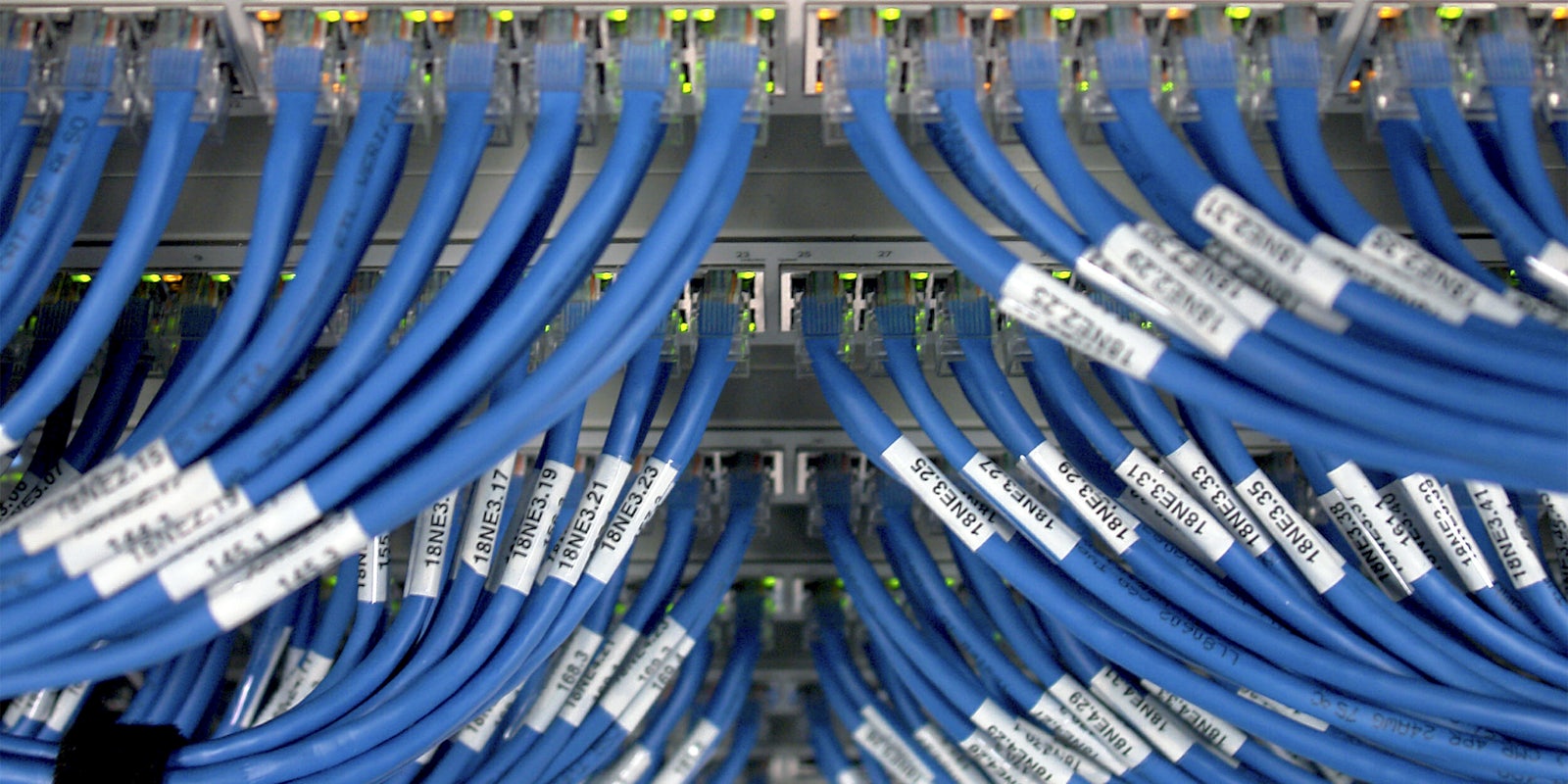In the vocal fight over net neutrality, often highlighted in a courtroom engagements between government agencies and big broadband corporations, small internet service providers (ISPs) are also now speaking up.
There are thousands of these so-called “mom and pop” businesses across the country, most of which have less than 1,000 subscribers, serving around seven percent of the U.S. population in the towns and rural settlements, which the 17 big broadband heavyweights neglect.
On April, 22 of these businesses wrote to the Federal Communications Commission (FCC) to ask for a replace and repeal of the net neutrality rules, describing them as a “black cloud” over their businesses. In the letter, the businesses welcomed the news that the FCC was considering a reset of the 2015 Obama-era regulations and Title II reclassification.
FCC Chairman Ajit Pai, who has always been a vocal opponent of Title II and who will initiate a vote to revoke it on Thursday, immediately began to use the letter as proof that net neutrality was hurting small ISPs—despite the fact that many of the ISPs actually said that they support the core principles of net neutrality.
“Heavy-handed regulations are especially tough on new entrants and small businesses that don’t have the armies of lawyers and compliance officers that large, well-established companies do,” Pai said the day after receiving the letter in a speech at the Newseum in Washington D.C. “So if we want to encourage smaller competitors to enter into the broadband marketplace or expand, we must end Title II.”
Most recently, late last week, Pai published a press release about five such businesses, which he claimed had been negatively impacted by the rules. Ars Technica found on Tuesday that four of the ISPs cited in the release had, in fact, expanded operations, while the fifth expanded its service options.
“Honestly, we haven’t seen any difference since the Title II regulations were enacted,” CTO Brian Roche of Bay Country Communications told the Daily Dot on Tuesday. His company had signed the April letter.
“The idea that without net neutrality that the large providers could prevent access to their networks from fledgling startups seems to go against the spirit of what makes the internet the powerful medium it has become,” Roche said. “The best argument we’ve heard is that without free and unfettered access to customers, the transformative entities such as Google, Facebook, Amazon, among others may not have existed today.”
“The real issue is that AT&T, Comcast, and Verizon are continuing to purchase content providers which is raising prices for all customers, and broadcasters are increasing their re-transmission fees (what we have to pay to send FREE antenna channels to customers) at an alarming rate.” he continued.
“Such actions are frustrating ubiquitous access to content on any device as these middlemen demand their cut and prevent the likes of Netflix from using their platform to provide less expensive content to anyone, everywhere.”
Bay Country Communications is not alone here; many of the small ISPs listed in the April letter actually stand by the principles of net neutrality. What many of these small ISPs are concerned about are the cost of compliance associated with regulation. The problem is the statute environment, according to them, not net neutrality.
Elizabeth Bowles, President and Chair of Aristotle Unified Communications, a small fixed wireless broadband provider headquartered in Little Rock, Arkansas, also spoke with the Daily Dot. She advocated on behalf of Wireless Internet Service Providers Association (WISPA), the trade association for the fixed wireless industry, for a legislative amendment to net neutrality rules that would permanently exempt small ISPs from the FCC’s 2015 disclosure rules. She testified before Congress in January last year.
During that session, the House of Representatives passed the Small Business Broadband Deployment Act by 411-0, extending the exemption for five years. When the proposal reached the Senate, Bowles says, it was caught up in other priorities and never made it out of committee. Still, it is her hope that provoking bipartisan congressional action would be the best way to protect an open internet long term.
“Aristotle supports the bright-line principles of net neutrality—no blocking, no throttling, and no paid prioritization,” Bowles said via email. “We believe these principles are critical for fair competition and an open internet. However, the FCC used a 1934 statute, Title II, to enact these principles and created unintended problems for small ISPs, who currently are not subject to Title II.”
“The original Open Internet Order contained a temporary exemption for small ISPs, and we were troubled that the FCC did not extend this exemption, exposing us to new, potentially-burdensome regulations.”
“In our opinion, the current proposal by the FCC is a step in the right direction,” she continued. “It would be our hope that once the FCC enacts transparency requirements, Congress will be spurred to act and pass net neutrality legislation to protect the bright-line principles.”
Pai’s radical proposal to do away with the equally radical 2015 Obama-era reclassification is likely to pass on Thursday. It will likely face failed legal challenges and appeals in the courts. Then, in future, when the FCC changes administrative or political hands again, the pendulum will rock back and rules will likely be reapplied.
What business owners like Bowles are arguing, is that neither the courts nor the FCC will finally secure net neutrality. The only real and permanent way forward will be for Congress to take legislative action.


